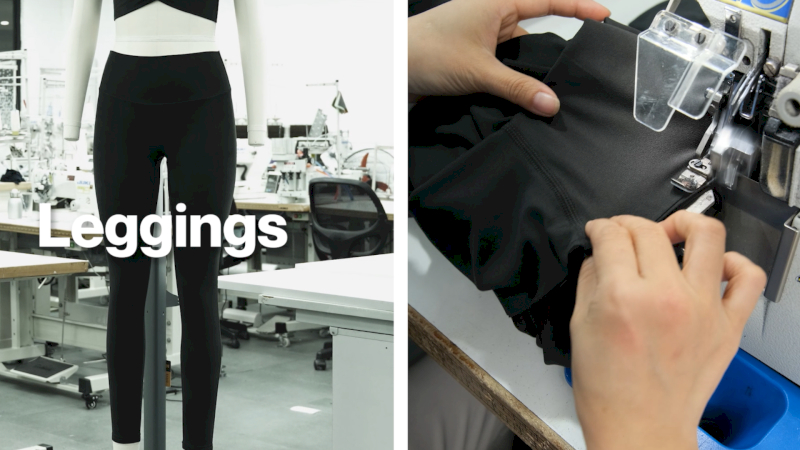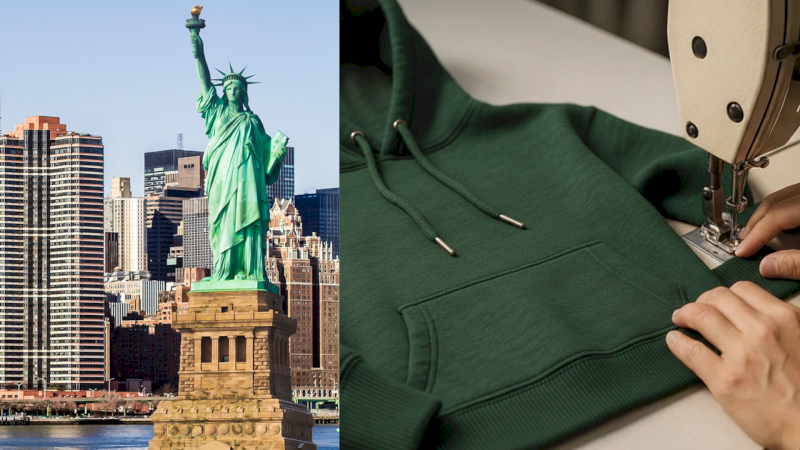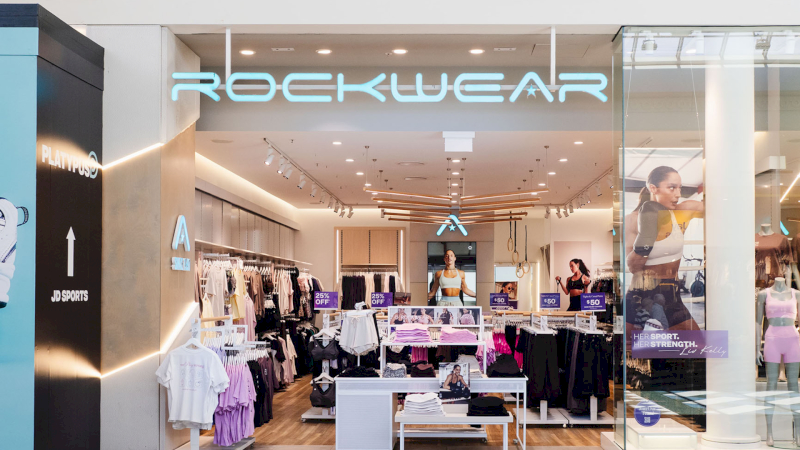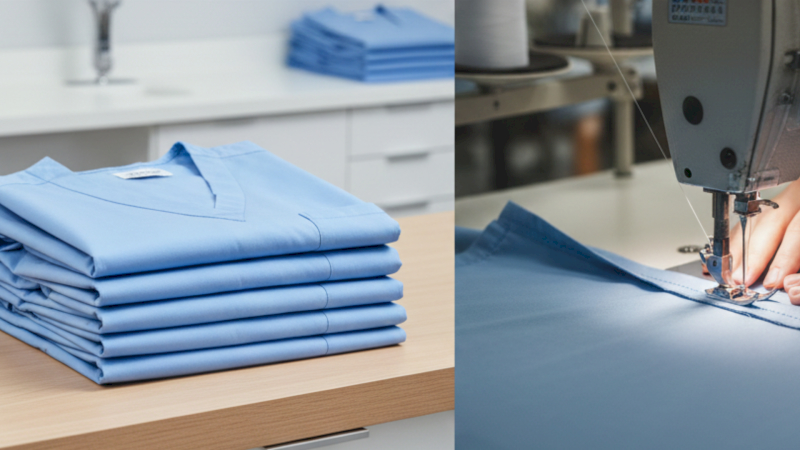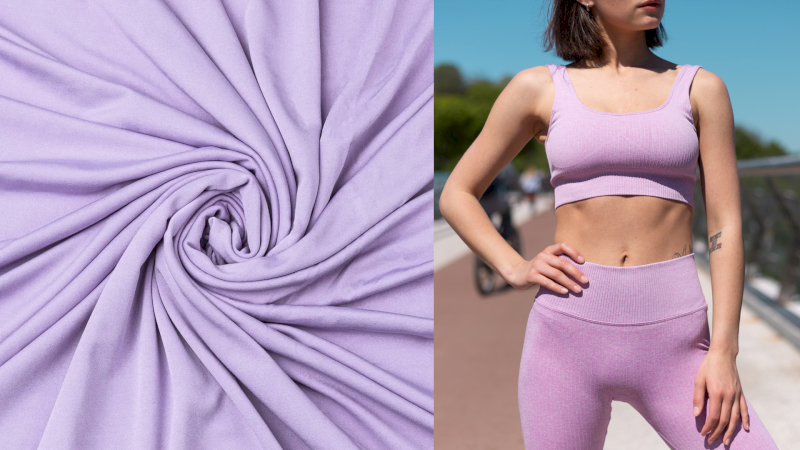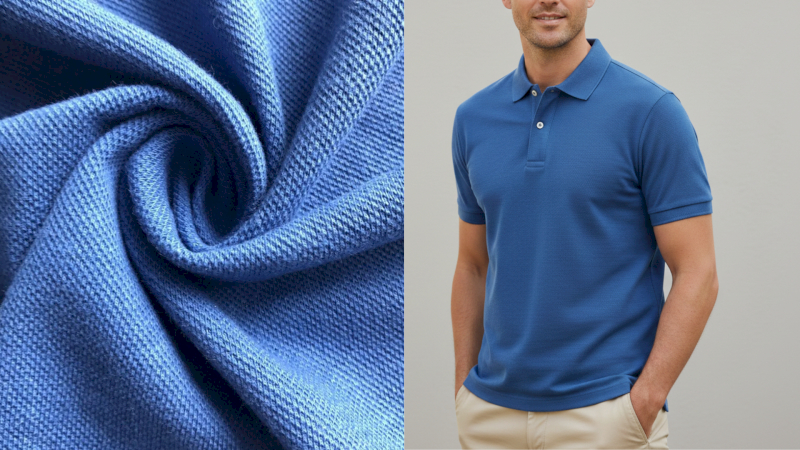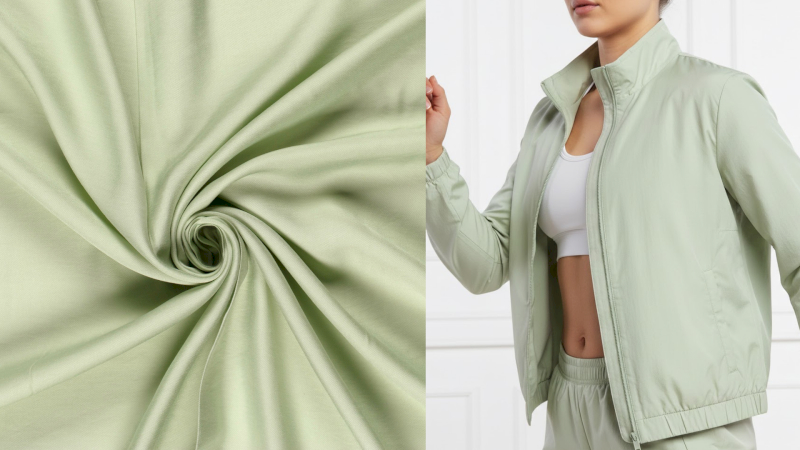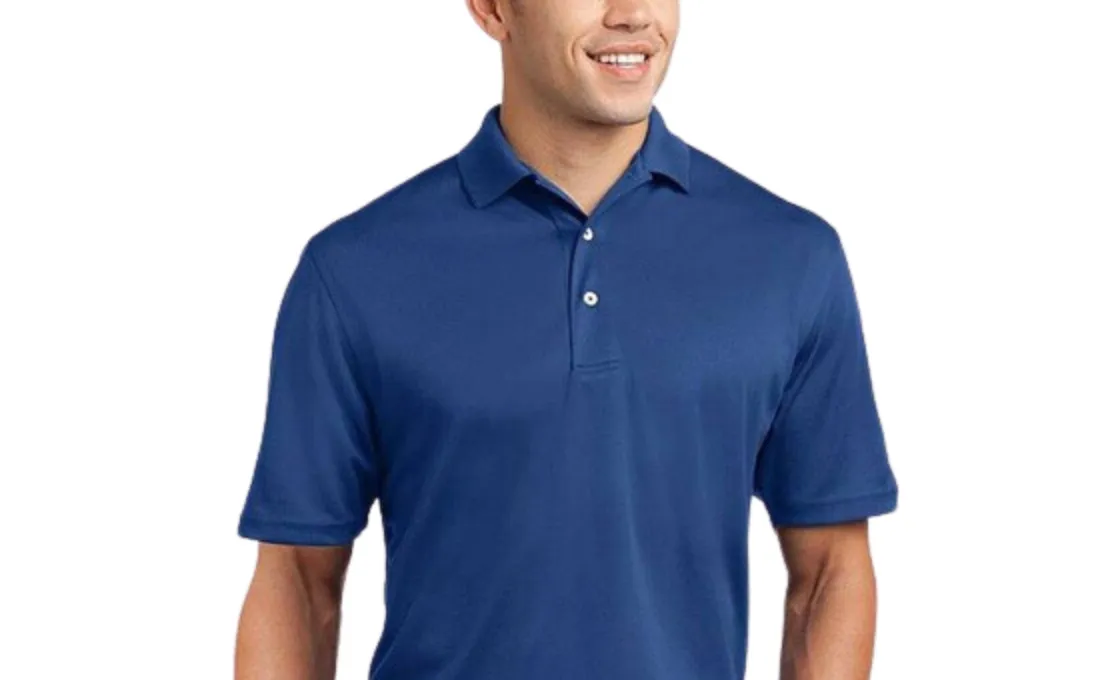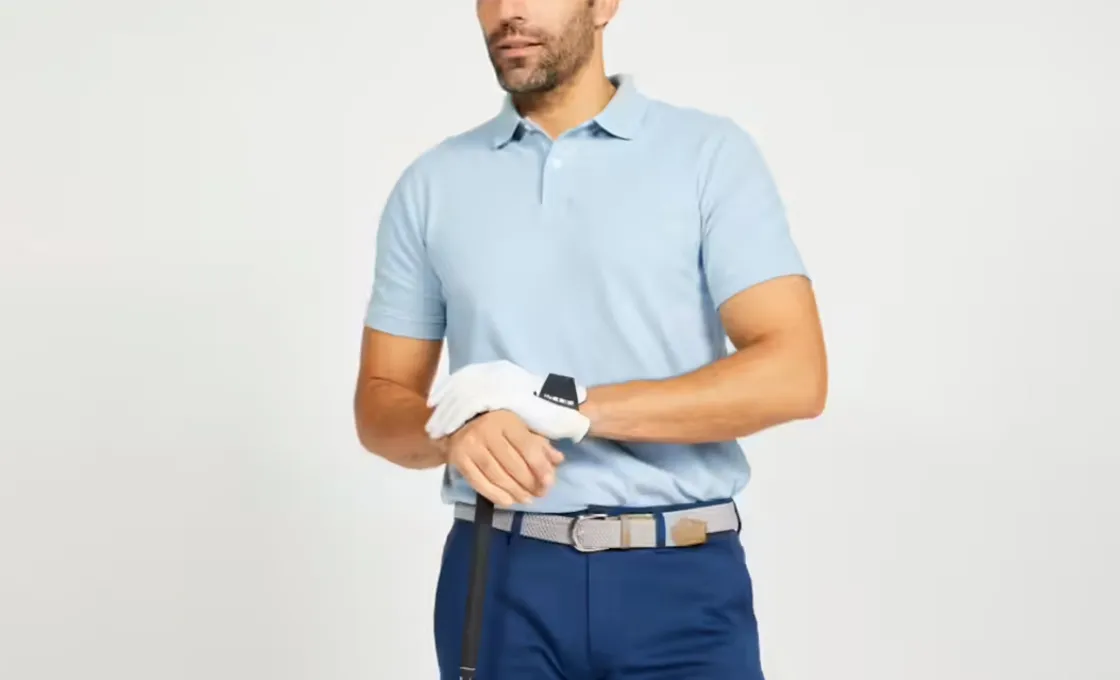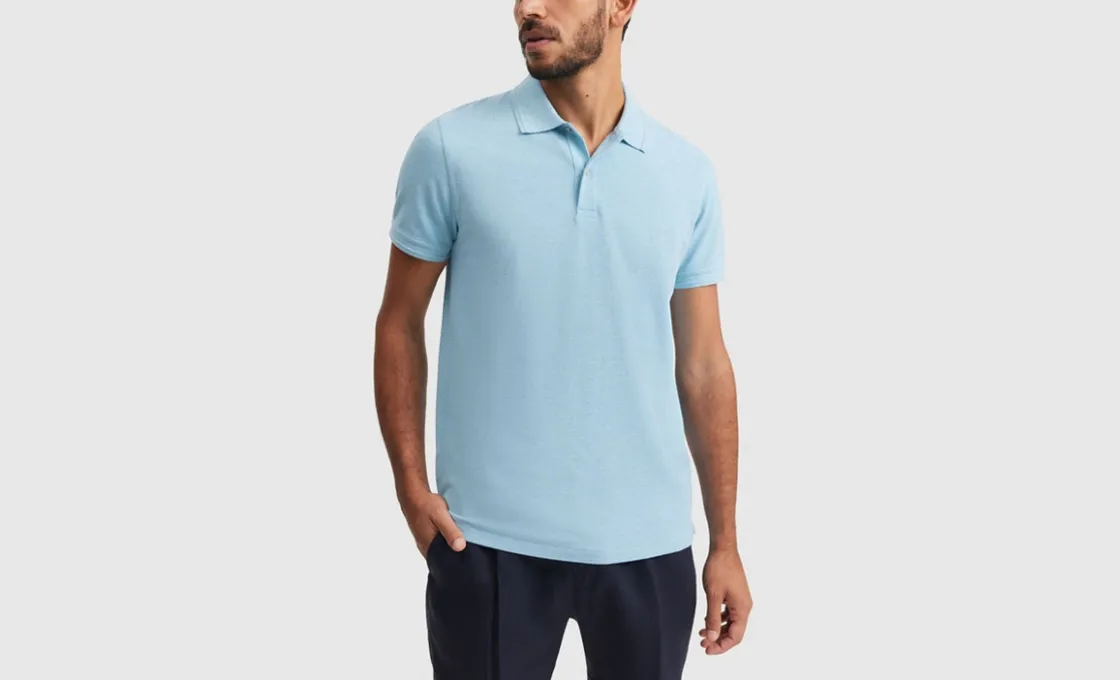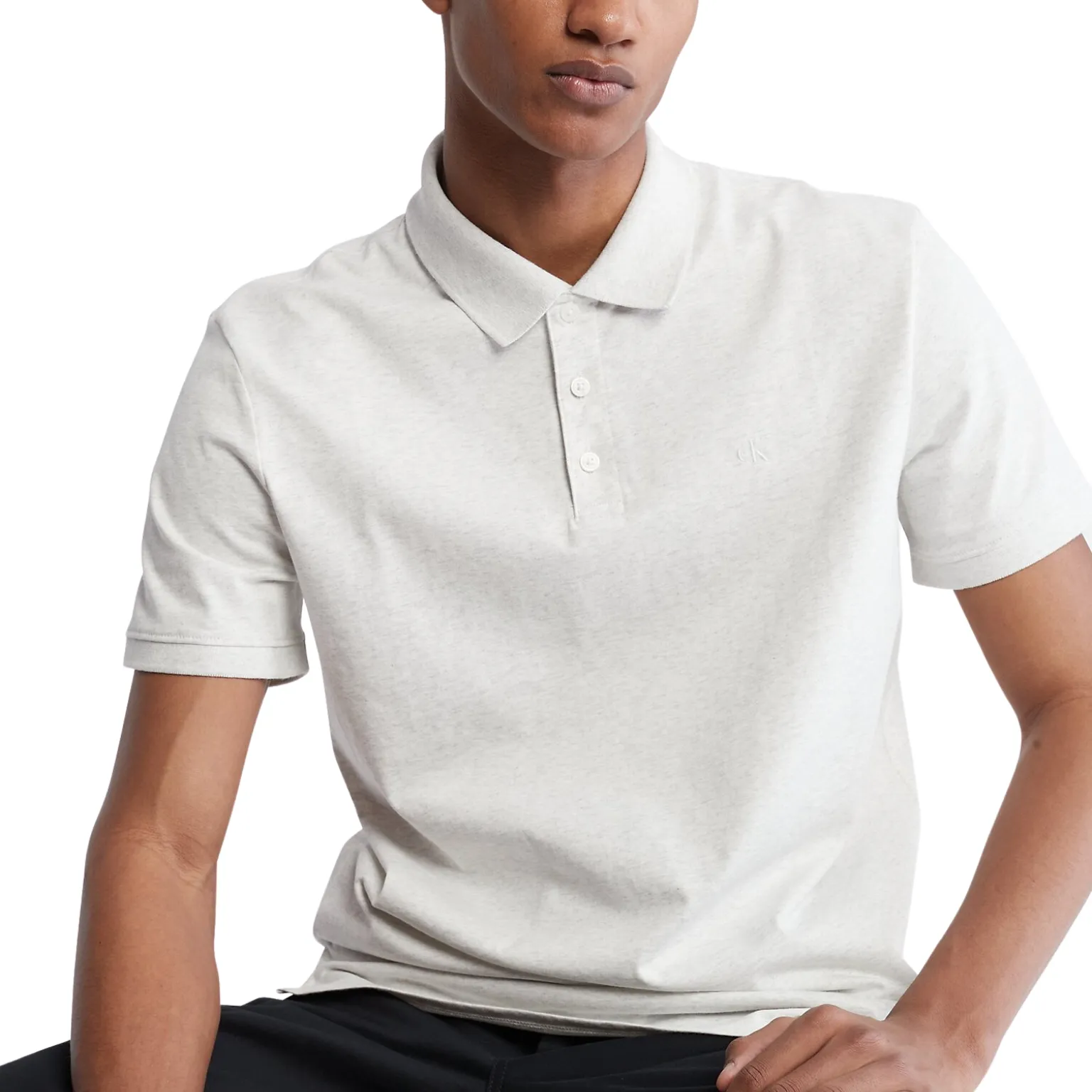Clothes made in Vietnam are generally known for good quality. Thanks to skilled workers, stable production, and strong compliance with global standards, Vietnam has become a trusted choice for many fashion brands. This writing will explore why and how Vietnamese manufacturers meet international expectations.
1. Why “Made in Vietnam” Is an Increasingly Trusted Label for Global Fashion Brands
Many leading global fashion brands are now consistently choosing “Made in Vietnam.” This isn’t just a trend; it’s a strategic decision driven by a clear set of advantages that deliver real value to their businesses and customers. Let’s explore why:
1.1. Skilled Craftsmanship Combined with Advanced Technology
One of the biggest reasons why “Made in Vietnam” is trusted by fashion brands is its skilled workforce. Experienced Vietnamese workers handle detailed tasks such as sewing, pattern making, cutting, and garment finishing – areas that require precision, creativity, and quality control.
At the same time, modern machinery like automated fabric cutters, computerized embroidery machines, pressing equipment, and advanced seamless knitting technology support production by handling complex and repetitive tasks with high accuracy.
Because, after all, we must acknowledge that some steps in garment production cannot be done as well by machines as by skilled workers, while other tasks are better suited for automation.
That’s why Vietnam’s strength lies in combining experienced human craftsmanship with modern machinery. This balance ensures both precision and flexibility, allowing manufacturers to produce high-quality, detailed garments efficiently.
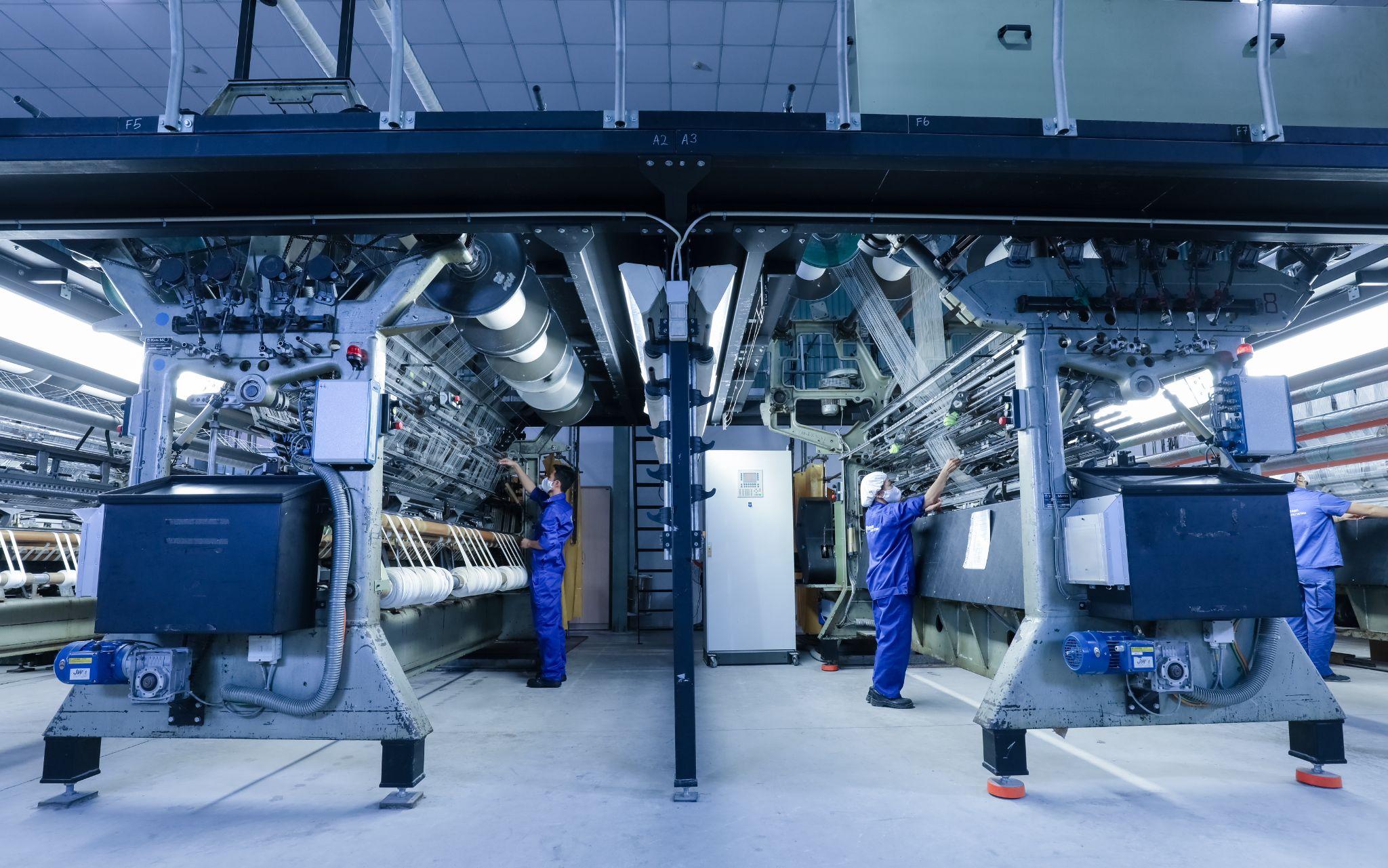
>> By combining skilled labor with automated machinery, Vietnam has become home to reliable cut and sew manufacturers that deliver precision, flexibility, and consistent garment quality for global fashion brands.
1.2. Strict Quality Control Processes
Factories in Vietnam strictly follow rigorous quality control procedures throughout the entire production process. This begins with thorough inspections of raw materials and continues through every stage until the final garment checks.
Most Vietnam clothing manufacturers ensure 100% end-line inspections to catch any defects before shipment. Additionally, many manufacturers apply the AQL 2.5 standard for final inspections to maintain consistent quality levels.
To guarantee transparency and reliability, third-party quality control audits are also welcomed and commonly used by Vietnamese factories. This comprehensive approach helps ensure that garments meet both brand requirements and international standards.
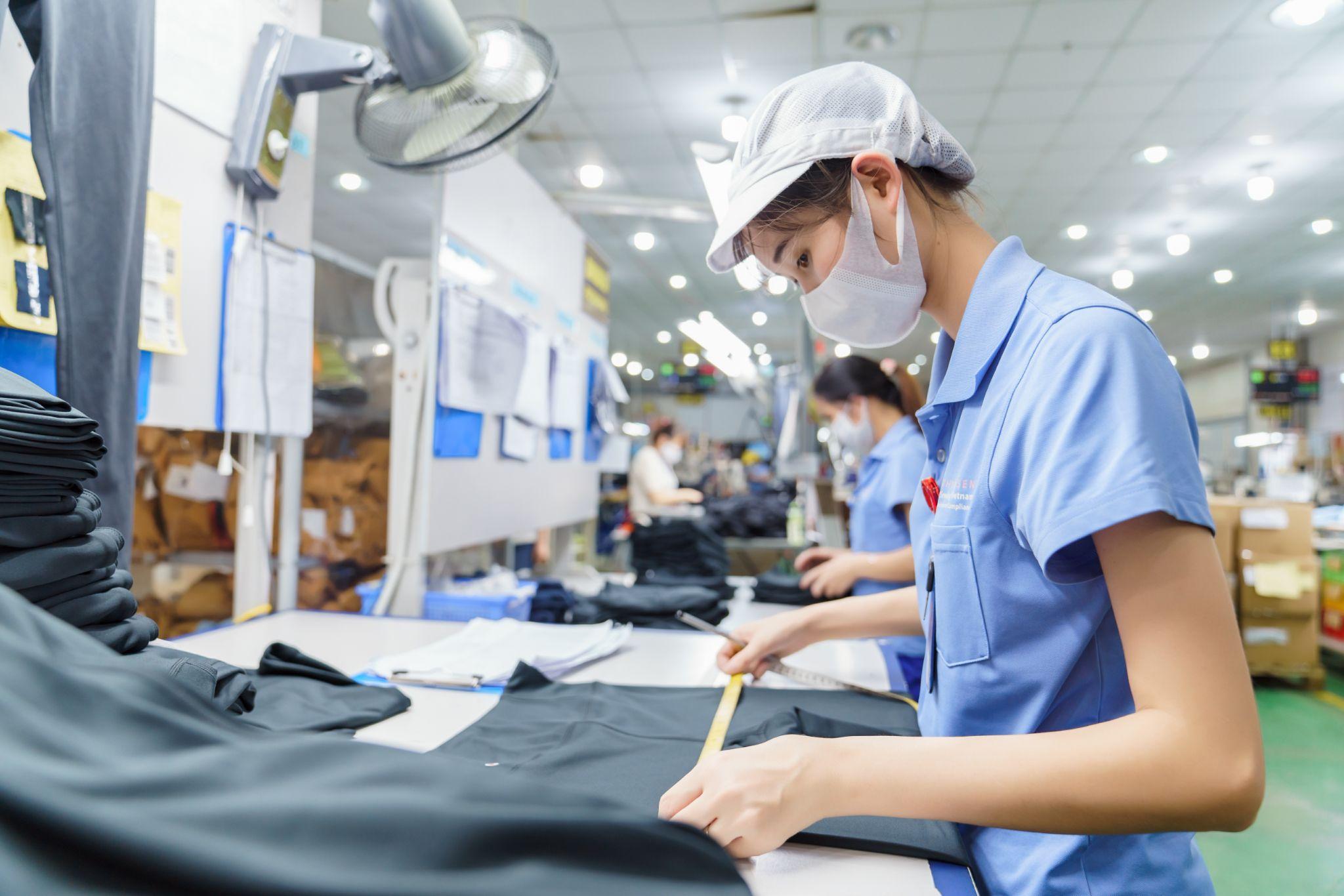
1.3. International Certifications
Many factories in Vietnam hold prestigious international certifications, demonstrating their commitment to quality, sustainability, and ethical production. Some common certifications include:
- SA8000: Ensures socially responsible workplace practices and fair labor conditions.
- WRAP (Worldwide Responsible Accredited Production): Certifies lawful, humane, and ethical manufacturing processes.
- ISO 9001:2015: Focuses on quality management systems to consistently meet customer requirements.
- GRS (Global Recycled Standard): Verifies recycled content and responsible social and environmental practices.
- GOTS (Global Organic Textile Standard): Certifies organic fibers and strict environmental and social criteria.
- OEKO-TEX STANDARD 100: Tests textiles for harmful substances to ensure product safety.
- OEKO-TEX STeP: Certifies sustainable textile production processes at the factory level.
- FSC (Forest Stewardship Council): Ensures responsible sourcing of wood-based materials used in packaging or trims.
- OCS (Organic Content Standard): Tracks and verifies organic material content in textiles.
These certifications provide brands with confidence that their products are made under high standards of quality, sustainability, and ethical responsibility.
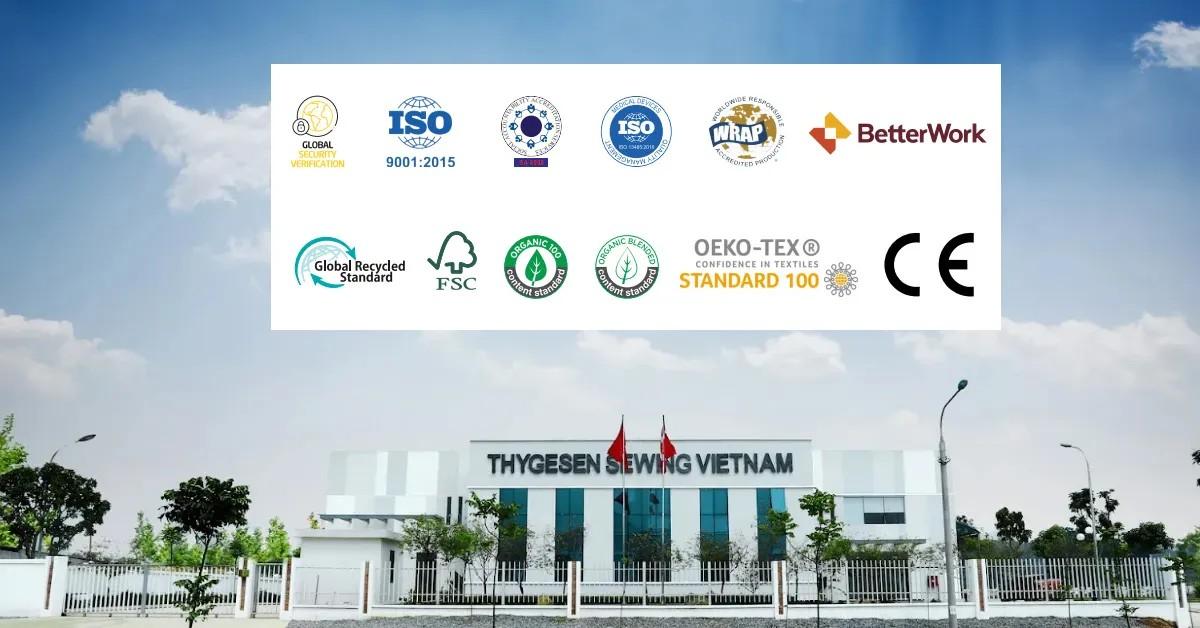
1.4. Ethical and Sustainable Practices
The modern consumer demands more than just a product; they want to know it was made responsibly. Increasingly, Vietnamese manufacturers are embracing eco-friendly production methods, utilizing sustainable materials like organic cotton, recycled polyester, and bamboo fibers.
Beyond environmental efforts, there’s a strong focus on fair wages and safe working conditions for employees. This deep commitment to ethical and sustainable practices isn’t just good for the planet and people; it directly correlates with higher quality standards and greater transparency, allowing brands to appeal to a conscious consumer base and build a stronger, more responsible image.
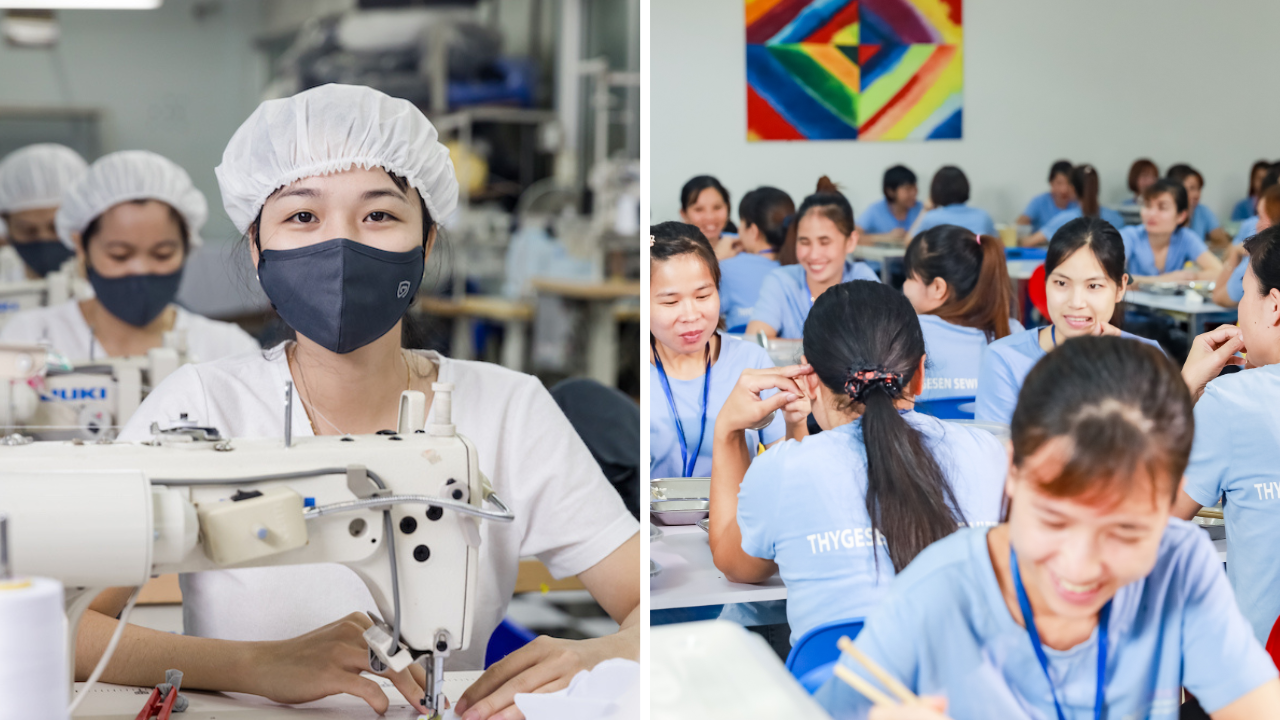
2. Major brands that manufacture clothes in Vietnam
Global fashion giants increasingly choose “Made in Vietnam” for strategic advantages such as quality, efficiency, and cost-effectiveness. Here are some of the key players benefiting from Vietnam’s strong manufacturing capabilities:
2.1. Calvin Klein
Calvin Klein manufactures a significant portion of its premium underwear, denim collections, and contemporary fashion apparel in Vietnam. This includes essentials like briefs, boxers, jeans, t-shirts, and casual wear, requiring precision and consistent quality for high-volume production. Thygesen Textile Vietnam is proud to be a trusted partner working with Calvin Klein for clothing manufacturing.
2.2. Tommy Hilfiger
Tommy Hilfiger utilizes Vietnamese factories for a wide range of its classic American sportswear, including polo shirts, t-shirts, denim jeans, casual jackets, and various woven and knit apparel. This diverse production benefits from Vietnam’s versatility in handling different fabric types and styles.
2.3. DKNY
DKNY focuses on producing its urban-inspired ready-to-wear, contemporary dresses, blouses, skirts, and tailored pieces in Vietnam. Vietnam’s skilled craftsmanship ensures the meticulous attention to detail required for their modern, sophisticated designs.
>> With strong craftsmanship and adaptability to trend-driven designs, Vietnam is increasingly chosen as a reliable streetwear clothing manufacturer for urban, contemporary, and lifestyle fashion brands.
2.4. Nike
Nike relies heavily on Vietnam for the manufacturing of its athletic footwear (sneakers), performance apparel like activewear (leggings, sports bras, running tops), and various sportswear garments. The production here emphasizes advanced technical fabrics and complex construction.
>> With strong expertise in performance apparel and technical fabrics, Vietnam has become a trusted athletic clothing manufacturer for global brands like Nike, consistently meeting high standards of quality and innovation. Leveraging advanced capabilities in stretch fabrics, seamless construction, and moisture-wicking technology, the country also stands out as a reliable legging manufacturer for sports and activewear brands demanding durability and performance.
2.5. Uniqlo
Uniqlo produces a vast quantity of its core basics and everyday wear, such as t-shirts, sweaters, casual pants, and innovative functional apparel like Heattech and Airism lines, in Vietnam. This leverages Vietnam’s efficiency for consistent, large-volume production of standardized items.
>> Leveraging efficient large-scale production and strict quality control, Vietnam stands out as a trusted t-shirt manufacturer for brands like Uniqlo that require consistency, durability, and high-volume output.
2.6. Puma
Puma, a leading global sports brand, extensively uses Vietnam for the production of its sportswear, athletic apparel (such as tracksuits, hoodies, t-shirts), and performance gear. Vietnam’s strong infrastructure for sports goods manufacturing, combined with its ability to handle technical fabrics and large volumes, makes it a key location for Puma to maintain its competitive edge in the global athletic market.
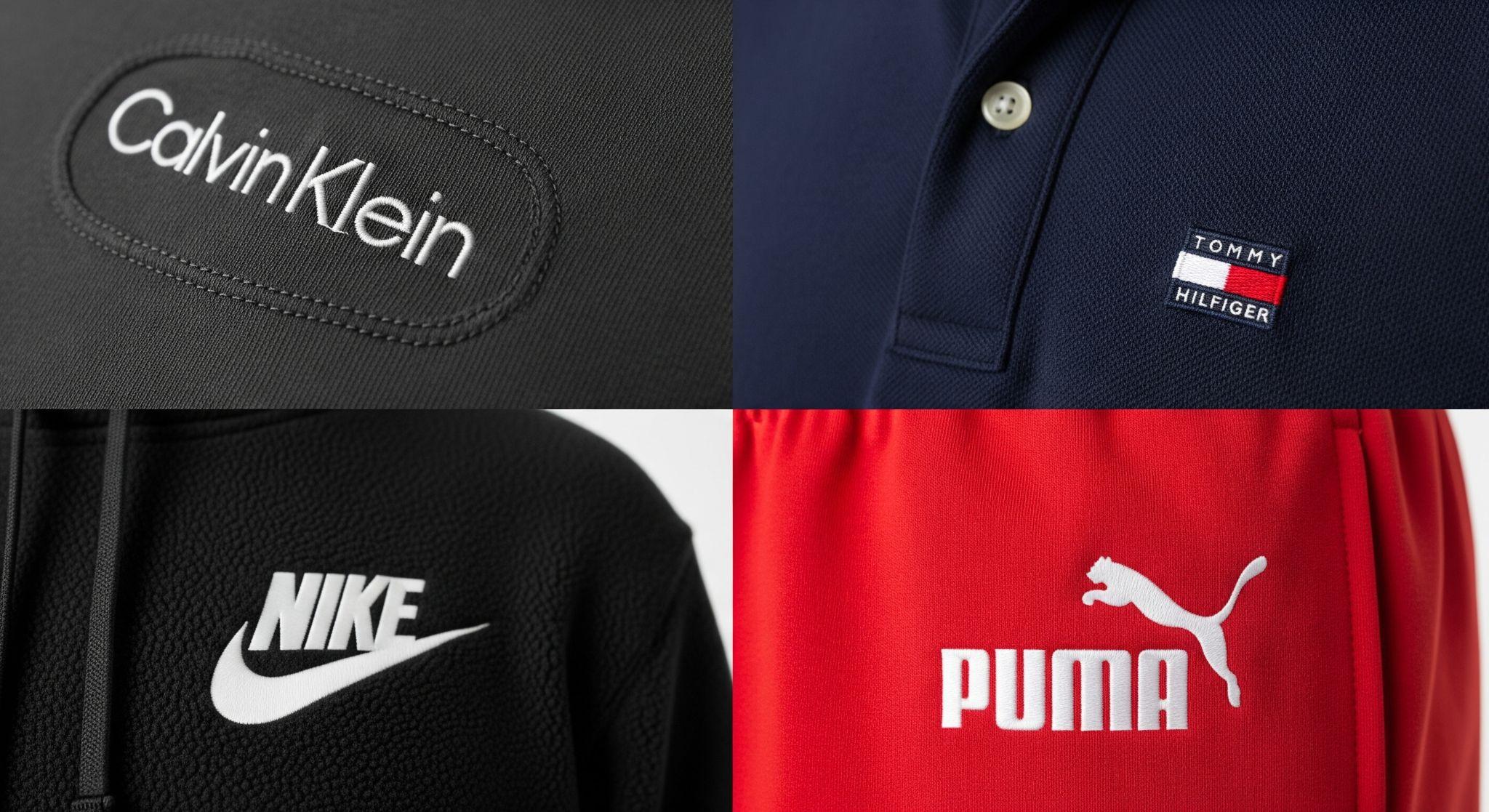
>> Thanks to advanced knitting, fleece processing, and large-scale production capacity, Vietnam is a preferred destination for brands seeking a dependable hoodie manufacturer for sportswear and lifestyle collections.
3. Key Factors to Identify a Reliable Clothing Manufacturer in Vietnam
Here are 5 key factors to identify a reliable clothing manufacturer in Vietnam:
- Transparent Communication & Proactive Problem-Solving: A truly reliable manufacturer doesn’t just reply; they communicate openly about progress, potential challenges, and offer solutions before they become major issues. Look for clear reporting, dedicated contact persons, and a willingness to collaborate on solutions.
- Demonstrable Expertise & Specialization in Your Niche: Instead of a generalist, seek manufacturers with proven experience and a deep understanding of your specific garment types (e.g., activewear, intricate lingerie, heavy outerwear). Their specialization leads to better advice, higher quality in that niche, and fewer production errors.
- Strict, Multi-Stage Quality Control (QC) System: Reliability extends beyond final inspection. A strong partner will have comprehensive QC integrated at every stage – from raw material checks and in-line production monitoring to final garment audits – often adhering to international standards like AQL (Acceptable Quality Limit). Ask for their specific QC protocols.
- Genuine Commitment to Ethical & Sustainable Practices: Beyond basic certifications (which are a must), a reliable manufacturer will show a true culture of worker well-being (fair wages, safe conditions) and environmental stewardship (waste reduction, sustainable material handling). This reflects a responsible operation that minimizes reputational risks for your brand.
- Investment in Modern Technology & Infrastructure: A forward-thinking manufacturer regularly upgrades machinery (e.g., laser cutters, automated sewing machines) and factory facilities. This investment signals efficiency, precision, the ability to handle complex designs, and a commitment to long-term growth and consistent output.

4. Top 5 trustworthy clothing manufacturers in Vietnam
Name | Services and Certificates | Contact Information |
Thygesen Textile Vietnam | Thygesen Textile Vietnam offers comprehensive OEM/ODM apparel manufacturing services to a diverse range of global customers, from emerging labels to renowned brands like Calvin Klein, Tommy Hilfiger, DKNY, Girlfriend Collective, Boody, Ninepine etc. We’re deeply committed to high-quality, ethical, and sustainable production. This commitment is underpinned by a wide array of international certifications, including SA8000, WRAP, ISO 9001:2015, GRS, GOTS, and OEKO-TEX, ensuring our processes are both environmentally responsible and socially compliant. |
|
With 29 production lines and approximately 2,700 employees, Hung Long specializes in producing jackets, overcoats, trousers , T-shirts, and swimwear. They serve both domestic and international markets, primarily exporting to the USA, EU, Japan, Korea, and Canada, and have partnered with renowned global brands such as Gap, Nike, Walmart, Target, and Mizuno. |
| |
VIT | VIT Garment specializes in manufacturing high-quality products, with a particularly strong capability in washing & dyeing processes at large capacities. Their products are associated with numerous renowned international brands such as Wrangler, Lee, Edwin, Mossy, Sweet Camels, and Tommy Hilfiger, and are exported to demanding markets including Japan, the USA, the UK, Germany, Russia, and Ukraine. |
|
TCE Denim, a leading South Korean denim manufacturer, has a significant presence in Vietnam. Their facilities, TCE Vina Denim JSC and TCE Jeans Co., Ltd., specialize in large-scale production of high-quality denim fabrics and finished garments, including advanced washing and sustainable practices. They serve major global brands like H&M and Lacoste. |
| |
Bao Minh Textile JSC, originally a leading Vietnamese woven fabric manufacturer, has evolved into a vertically integrated entity through an extensive partner network. While their core expertise remains in producing high-quality fabrics (weaving, dyeing, finishing) for shirts, Bao Minh now also has the capability to supply finished apparel products via their established value chain partners. The company stands out for its substantial fabric production capacity and a strong commitment to sustainable development. This is demonstrated through advanced technology and numerous key international certifications, including Higg Index, GRS, GOTS, and OEKO-TEX. This expansion into a vertical supply chain allows Bao Minh to meet the increasingly diverse demands of the global apparel market. |
|
5. FAQs
Besides quality, what makes Vietnam a standout destination for fashion manufacturing?
Beyond product quality, Vietnam stands out due to three key factors: favorable tax advantages from its extensive Free Trade Agreements (FTAs), which optimize costs; a stable political environment, ensuring supply chain reliability; and a well-developed manufacturing ecosystem, with efficient supporting industries and logistics, creating a highly effective and low-risk production hub.
What product categories are commonly made in Vietnam?
Vietnam excels in producing a diverse range of garments, with particular strength in: activewear and high-performance wear, underwear and loungewear, denim and casual wear, along with fashion apparel and various knitted goods. This versatility showcases its capability to handle everything from basic to highly technical products.
Is Vietnam suitable for small or medium-sized fashion brands?
Vietnam is primarily optimized for large-scale, high-volume production, where its efficiency, cost-effectiveness, and robust supply chain truly shine. This makes it an ideal choice for established brands seeking significant manufacturing capacity.
For small or medium-sized fashion brands seeking limited runs or very low MOQs , local production within their own country often presents more immediate advantages. This is due to factors like more flexible MOQs, easier direct communication, closer quality control oversight, and faster turnaround times for small batches, avoiding international shipping complexities.
How does Vietnam compare to other manufacturing hubs like China?
- Cost: Vietnam generally offers lower labor costs; China has advantages in cheaper raw materials and components due to its vast scale.
- Scale & Supply Chain: China leads overwhelmingly in scale and comprehensive supply chain integration; Vietnam is growing rapidly and is strong in apparel/footwear, but its supply chain is less complete, often requiring more material imports.
- Quality & Specialization: Vietnam is known for consistent quality in apparel; China can produce a wide range of quality levels and is very strong in complex technology.
- Trade & Tariffs: Vietnam benefits from numerous FTAs, offering tariff advantages; China faces higher tariffs and geopolitical risks.
- Sustainability & Compliance: Vietnam shows a growing stronger commitment and transparency in ethical and sustainable practices; meanwhile China often faces more issues in ensuring compliance with these standards.
In conclusion, wondering “are clothes made in Vietnam good quality?”,the answer is a clear yes. Vietnam stands out as a top destination for fashion brands not only for its competitive costs but, more importantly, for its consistent quality, skilled workforce, and certified, scalable manufacturing. If you’re looking for a reliable apparel partner in Vietnam, Thygesen Textile Vietnam is pleased to support your brand’s growth, visit thygesenapparel.com or contact us at sale@thygesen.com.vn to start your project.



